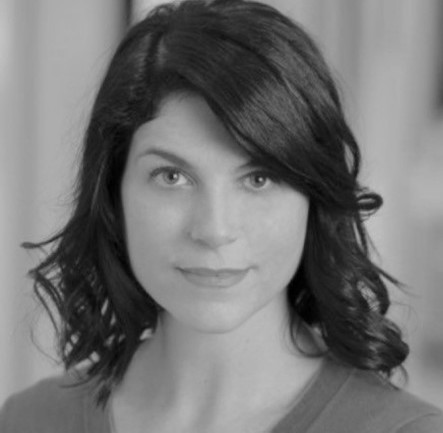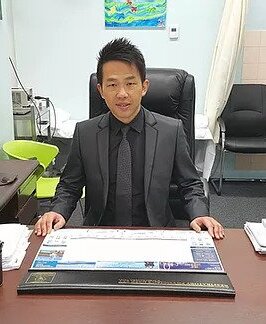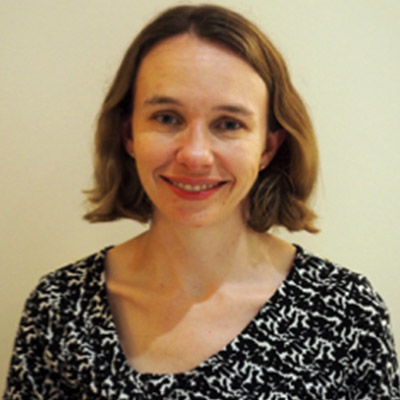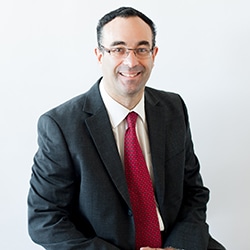Best Allergist in Sydney

Richard Baker
Allergist
Dr Richard Stephen Baker is Medical Director of Allergy Testing Laboratories.
Dr Baker graduated from the University of New South Wales Medical School in 1972 and subsequently was trained in the United States by leading allergists, including Dr French Hansel who is often regarded as the father of Ear Nose and Throat allergy. Dr Hansel was the first otolaryngologist to perform skin tests in 1930 using multiple individual extracts as opposed to single concentrations of antigenic material. Dr Baker is also a member of the Australasian Society of Clinical Immunology and Allergy. He has a particular interest in the study of mycology. Moulds are one of the major causes of allergy and asthma. Following the work of his father Dr. Stephen Baker, an ear, nose and throat surgeon, Richard helped pioneer ear nose and throat allergy in Australia. He treats all allergic conditions and has an on-site skin testing clinic and a fully accredited NATA medical laboratory.
A/Prof Larry Kalish
Allergist
class honours, followed by general surgical and combined Surgeon-Scientist training. He acquired a Masters of Medicine from UNSW for molecular research at the Garvan Institute in Sydney, as well as a Masters in Medicine in Clinical Epidemiology (medical research and statistics) from the University of Sydney.

Dr Jessica Tattersall
Allergist
Sydney with honours in 2003. After starting out training in Otolaryngology she went on to pursue a career in allergy. Jessica is a fellow of the RACGP and holds a graduate certificate in allergic diseases from the University of allergist Western Sydney.

Dr Narinder Kaur
Allergist
in managing Paediatric food allergy (birth to 16 years), eczema/severe eczema (birth to 16 years), drug allergies, asthma, allergic rhinitis and immunotherapy for aero allergies. She is currently involved in research on peanut allergy with the Allergy and Immunology department at The Children’s Hospital at Westmead.

Dr Frank Yan
Allergist
He has been serving the south Sydney area since 2003. He believes nasal allergy, snoring and breathlessness are closely linked to each other. His surgery at St George Private Hospital has all the modern equipment to make accurate diagnosis of disorders in his fields.

Dr Lucinda Berglund
Allergist
She is available to see patients weekly in the Concord Specialist Centre or at Lakeview Private Hospital (LVP) Norwest. Dr Berglund is a Staff Specialist in Clinical Immunology, Immunopathology and Allergy at Westmead hospital.
Dr Andrew Broadfoot
Allergist
What is an allergy?
An allergy is an acquired, immunologically caused, specific hypersensitivity to foreign substances. An allergy occurs after repeated contact with the allergenic substance and is based on a reaction of the body’s own defense system. Pollen, food or other substances that are brought into the body through inhalation or through the skin are foreign substances that are also known as antigens or allergens. The body forms specific antibodies against these substances. With a corresponding hereditary predisposition and renewed contact with the substance concerned (the allergen), an allergic reaction can occur.
An allergy is based on a malfunction of the immune system. While the immune system of our body normally only reacts to harmful pathogens such as viruses and bacteria, the hypersensitive immune system of an allergy sufferer defends itself against naturally harmless substances from nature and the environment (e.g. components of plant pollen or house dust mites). Even in very small quantities, these so-called allergens can cause allergic reactions. Itchy, watery, burning eyes, a runny, blocked or itchy nose, the urge to sneeze, difficulty breathing and a rash are common allergy symptoms .
How does an allergic reaction occur?
However, the pollen allergy sufferer ‘s eyes do not water at the first allergen contact , the house dust mite allergy sufferer ‘s nose itches or the insect venom allergy sufferer reacts to a wasp sting with severe wheals. The patient will feel symptoms at the earliest when the second allergen contact occurs . Because the defense substances that ultimately lead to the allergic reaction, the IgE antibodies, are only formed by the body after the first allergen contact. This immunization process is called sensitization. If a sensitized allergy patient comes into contact with the specific allergen again, the allergens bind to the IgE antibodies and inflammatory processes similar to an infection are triggered in the body. The released histamine and other messenger substances attack the skin and mucous membranes. For those affected, this immune reaction or IgE reaction manifests itself, for example, as a cold, in the form of watery, burning eyes or, in the case of food allergies, as stomach pain.
Categories
- Allergist (5)
- Anesthesiology (2)
- Cardiologist (288)
- Cosmetic Surgeon (79)
- Dentist (261)
- Dermatologist (48)
- Dermatology (150)
- Endocrinologist (22)
- ENT Specialist (239)
- Family Physicians (1)
- Gastroenterology (121)
- General Practitioner (226)
- General surgeon (37)
- Hepatologist (2)
- Immunologist (4)
- Medical Contributors (259)
- Medical Expenses (2)
- Nephrologist (46)
- Neurosurgeon (91)
- Obstetrician and Gynecologist (18)
- Oncologist (99)
- Ophthalmologist (30)
- Orthopaedic surgeon (87)
- Osteopath (64)
- Otolaryngologist (6)
- Paediatric surgeon (7)
- Paediatrician (5)
- Pathologist (64)
- Plastic Surgeon (285)
- Podiatrist (295)
- Psychiatrist (23)
- Radiologist (17)
- Rheumatologist (7)
- Uncategorized (19)
- Urologist (102)
- Vascular surgeon (6)






